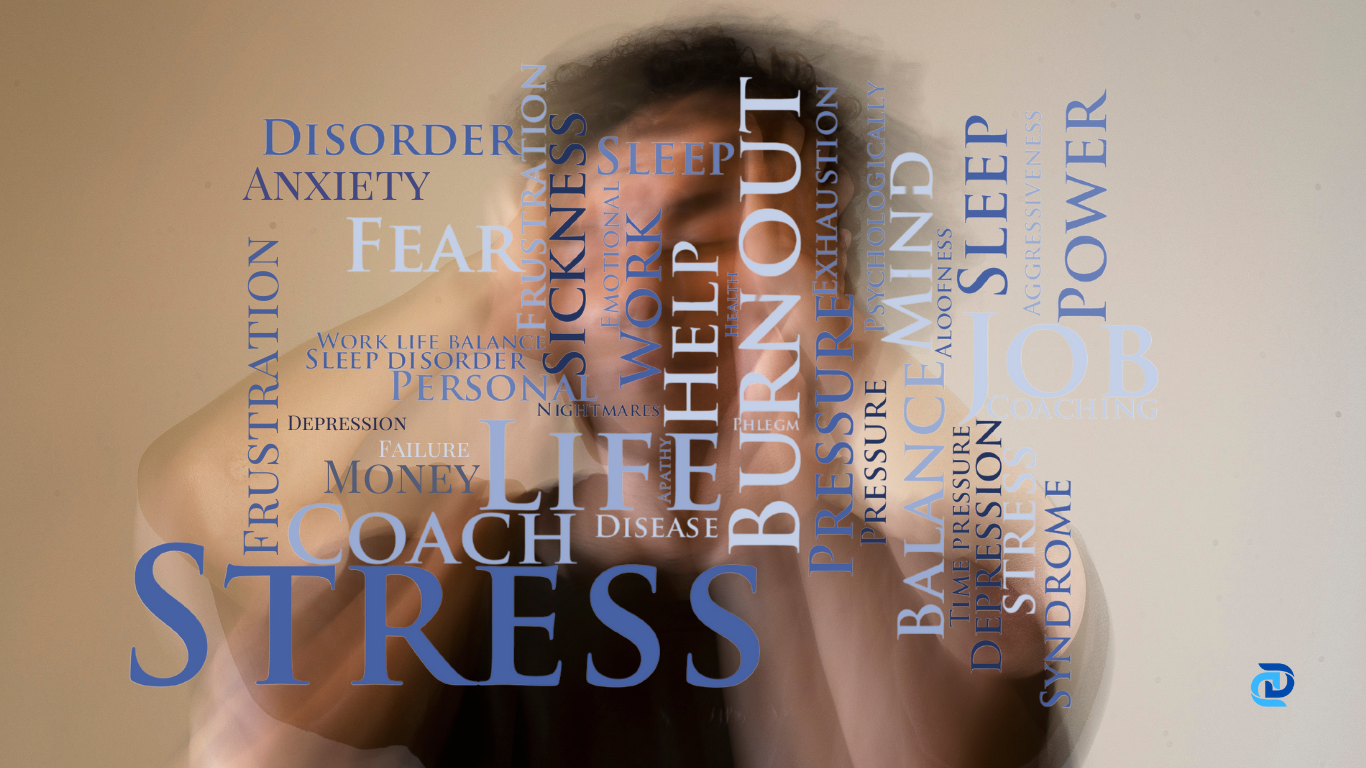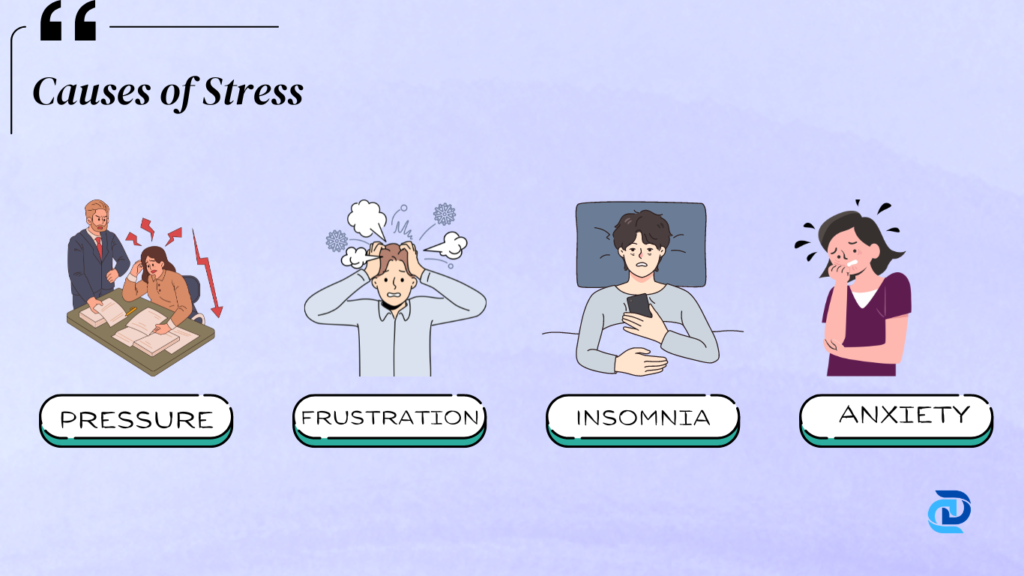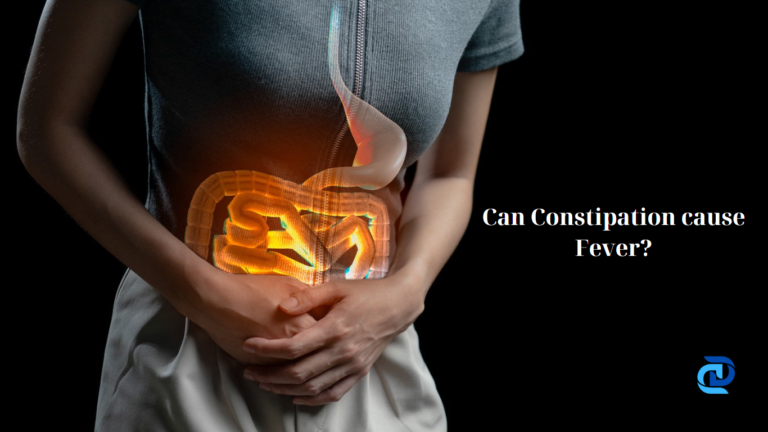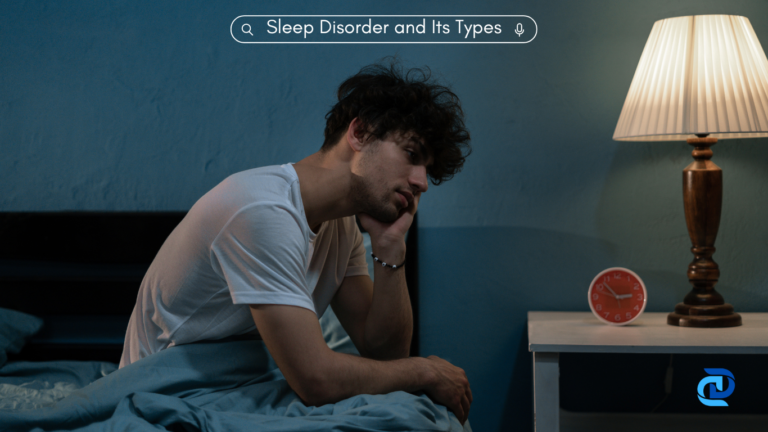Stress: What It Is, Symptoms, Causes and Preventions

What is Stress?
It is a state of worry or mental tension that is caused by a difficult situation. Stress is how we react when we are under pressure. Minor stress is better because we can perform our daily tasks but at the same time, a lot of stress can harm our physical and mental health.
Types of Stress
Stress can be categorized into several types, each with distinct characteristics and implications for mental and physical health. The primary types of stress include:
- Acute Stress: Acute stress is a brief reaction to a specific threat or a stimulus that is presently regarded as threatening. On the other hand, acute stress may help inspire people to work, but it is short-lived as soon as the stressful condition is eliminated then the body can normalize.
- Episodic Acute Stress: Episodic-acute stress is a stress level that is experienced frequently; this is a result of a disorganized lifestyle or constant high pressure. This type of stress makes an individual feel overwhelmed and can bring about irritability or even a state of emotional exhaustion.
- Chronic Stress: Stress showing signs of lasting for an extended period and may continue to stress the individual is chronic stress and this type of stress may have devastating effects on the body system if not controlled. This is particularly so because stress, especially prolonged stress, can lead to anxiety, depression immune suppressive effects on the body, and cardiovascular disease.
- Psychological Stress: Psychological stress refers to the psychological or mental reactions to perceived stimuli, challenges, or stressors. This type of stress can be caused by interpersonal issues, job demands, organizational (changes), or other life changes. Signs may be; restlessness, temper, and indecision.
- Psychosocial Stress: Psychosocial stress can be viewed as the stress that emanates from social relations. Psychosocial stress is also known to be influenced by several factors such as family, peers, and general societal pressure resulting in stresses such as isolation and inefficiency.
- Psycho-Spiritual Stress: Psycho-spiritual stress includes difficulties regarding the spiritual and philosophical aspects of life. It may be triggered by concerns about the meaning of life, a crisis of faith that follows conversion to another religion or no religion at all, or when one has to come to terms with beliefs that are quite different from that which society expects of a person.
It is necessary to distinguish between the types of stress to manage and intervene properly and thus, learn what and who is giving stress to a person if that is what they want.
Signs and symptoms of Stress
Stress can make it difficult for us to even relax. It can affect our emotions our body and at the same time how we behave. When stressed, we might find it difficult to concentrate on tasks.
When we are in stress we might experience headaches, frustration, mood swings, an upset stomach, or even trouble sleeping, losing our appetite, or eating more than usual. If you are stressed, you may be unable to enjoy your company. You may throw things out of frustration. You may feel lonely and depressed like your thoughts are racing and can’t even switch off.
Physically, stress can cause a variety of effects such as panic attacks, difficulty breathing, chest pain, high blood pressure, and symptoms like constipation or diarrhea. It may make your memory slower than usual. You may find it hard to make decisions, bite your nails, snap at people, grind your teeth, cry, smoke, and much more.
Causes of Stress
Countless things can cause stress. Stressors can be positive and negative because having a job or not having one can cause stress. Sometimes things might make it harder for you to even recognize what’s making you feel stressed. Other causes of stress include;
- Financial issues
- Insomnia or lack of sleep
- Pressure
- Anxiety
- Depression
- Bereavement
- Illness or injury
- Strenuous Relationships
- Getting divorced
- Starting a new job
- Overwhelmed with responsibilities that can’t be handled

How to relieve stress?
It’s a fact that you can’t avoid stress but instead, you can stop it from overpowering by performing some different activities.
- To prevent yourself from stress time management is necessary. Create a timetable make a list of things that you have to do in a day and then work according to the timetable.
- To stop stress from overpowering try doing some creative things try learning some skills for example baking, going for a walk, painting, language learning, etc.
- At the end of the day, take your time and think about what you have accomplished instead of what you have not done.
- Read books because are your friend.
- Try spending more time with yourself by thinking about your future goals.
- Get plenty of sleep.
How to prevent or reduce stress?
Yoga, exercise, and muscle relaxation techniques are some of the common relaxation activities used in the management of stress. Your physical health should be well taken care of; try as much as possible to eat healthy and get enough sleep since its ability to help you cope has been proven to be greatly enhanced by enough sleep.
It is also important to stay as positive as possible and try to reduce your thoughts that hurt your mood, avoid being around negative people. Besides, coping with stress, it is also necessary to avoid utilizing substances such as drugs and alcohol which only boost the level of stress. When you employ these measures, you are likely to create a healthier environment within yourself thus creating a better health status in your life.
When should a person talk to a healthcare provider about stress?
- When you feel overpower
- When symptoms of stress are not going away
- When you can’t handle your body’s pain
- When you start getting addicted to drugs or alcohol
Conclusion
Stress is a state of worry or mental tension that is caused by difficult situations how we react when we are under pressure is known as stress. Learning how to deal with stress can help us feel less overpowered and can support our physical and mental well-being. Stress can make it difficult for us to even relax properly. It can affect our bodies, emotions, and how we behave. We may find it difficult to even concentrate on tasks. When stressed, we might experience headaches or body pain, frustration, an upset stomach, trouble sleeping, eating less like skipping meals, you may feel unable to enjoy our own company, may feeling lonely and depressed.





